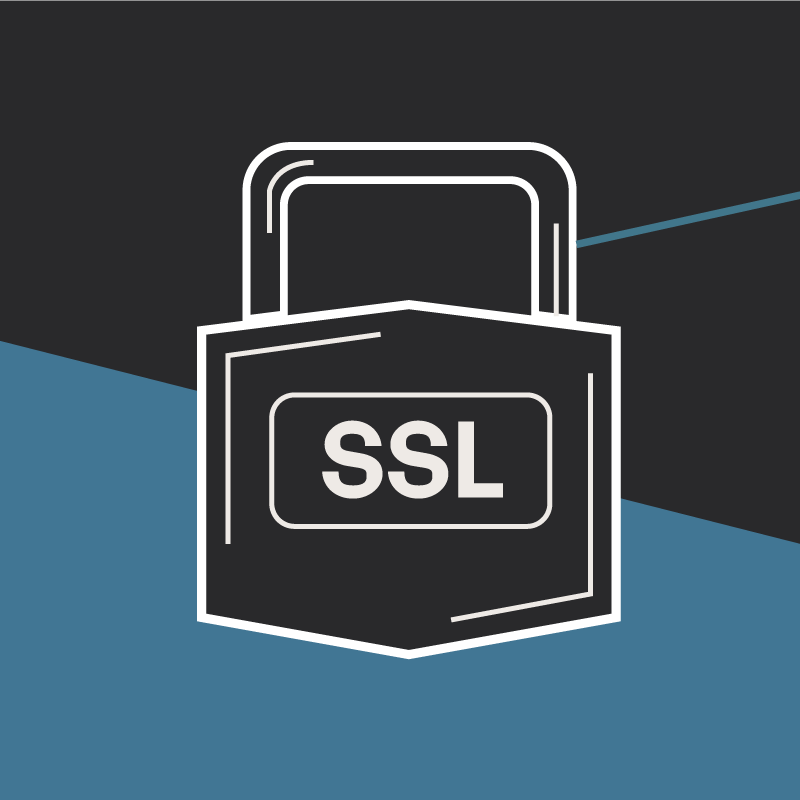Digital Agency Partnerships: Championing Clients Towards Success
Nicole Osterhout Agile Process Manager#Industry Insights

How do you become the liaison between the agency team and client? It requires you to take on a partnership mentality of trust, respect, and collaboration.
I’m sure you’ve heard the saying, “The customer is always right.” Well, I learned very early on in my career that this isn’t always the case, (shocking, right!?!). Sometimes the customer is completely incorrect and sometimes they aren’t even on the same page as you. So how do you bridge this gap to become the true liaison between the agency team and the client? Simple. It requires your agency to take on a partnership mentality of trust, respect and collaboration.
Partnerships Not Projects
In our position as project managers, production managers or account strategists, we have two important roles: the first is to be the client’s main champion. This can range from providing guidance on issues, being a resource to review ideas, or the person pushing the client to keep on track to meet a deadline. The second important role we fill is to be an advocate for your agency’s needs. We aren’t here to do the work for the client or have non-productive meetings to discuss why something didn’t work. We must find a balance to provide the services the client needs, while using the opportunity to learn from each other, so that the relationship is a solid partnership.
We don’t operate under a “one project and done” mentality. Most of our client relationships have developed into long term partnerships due to our expertise, as well as our willingness to listen to the client and truly understand their pain points and needs. We have learned over the years, clients want to work with a trustworthy partner. They want to feel secure that if they drop the ball, they have someone that can pick it up and keep going. We consider ourselves an extension of their internal team.
If you stop and think high level about how most company’s function, no matter the industry, they have a couple things in common; employees, products/services, accounting. At its simplest, there is probably a mountain of work that keep them busy daily, being leaders in their own arenas and staying profitable. Most internal projects are in addition to this existing work and often take a back seat when it comes to priorities. We understand this. Our job is to keep the status quo, pick up when the client needs us too and push back on them when needed.
Why do we work this way? Our client’s partnerships provide the environment where we can work collaboratively to meet the client’s goals and best interests, while also having the ability for the Diagram team to knowledgeably continue to strategize. Now, it’s not all rainbow and sunshine. Sometimes, we do need to share news with the client that they particularly don’t want to hear. When mutual trust, respect and collaboration are the cornerstones of your agency, it makes our ability to share the bad (with the good) exponentially easier.
Transparency is Key
As you all know, it can happen where there is work or a service that cannot be provided, period. However, if you have a client relationship that is based on clear communication, then it’s not too difficult to have these conversations. Keeping the lines of communication open and honest, humanizes the conversation. We make sure the client understands how this issue is also felt by Diagram’s team. The resolution becomes easier too—to make a plan of action and then work through things together.
Clients know the reality of the situations and will respond better if you are transparent, have (or will have) a resolution and express empathy for it. It is important to have respect for the client’s time and money, but more important is that the client feels that you do. In the same token, our Diagram team members want respect for the work that they do. When this is reached, the clients call become 30 minutes of productive strategy, encouraging repertoire and witty banter. They are enjoyable and something both teams look forward to each week/month. It sets the foundation for a strong, long-lasting partnership.
In business, clients want to know that in the decisions you make on their account, guidance you provide and the money that they give has value to their long-term success. The return-on-investment (ROI) of your relationship should always be known, otherwise what sets you apart from the rest?
What are some things you have dealt with in your relationships with clients (either as a client yourself or employee of an agency)? We’d love to hear about them. Comment below!
Related Posts

How Brands can Navigate Elon Musk's Twitter
Should the changes at Twitter impact your social strategy? Is it still an effective way to connect with your customers? Read more to learn why or why not.

Why Do I Need an SSL Certificate?
Without understanding what an SSL Certificate is, it may be hard to realize why this is so important for your website. In this blog Diagram will cover both of these topics.
Results Matter.
We design creative digital solutions that grow your business, strengthen your brand and engage your audience. Our team blends creativity with insights, analytics and technology to deliver beauty, function, accessibility and most of all, ROI. Do you have a project you want to discuss?
Like what you read?
Subscribe to our blog "Diagram Views" for the latest trends in web design, inbound marketing and mobile strategy.
